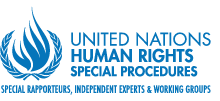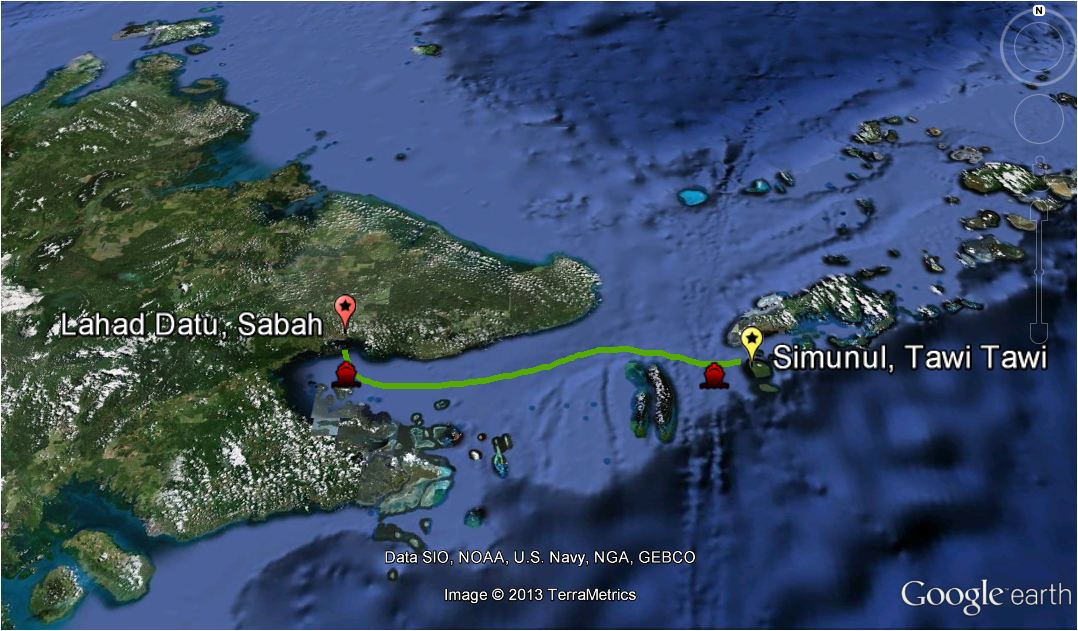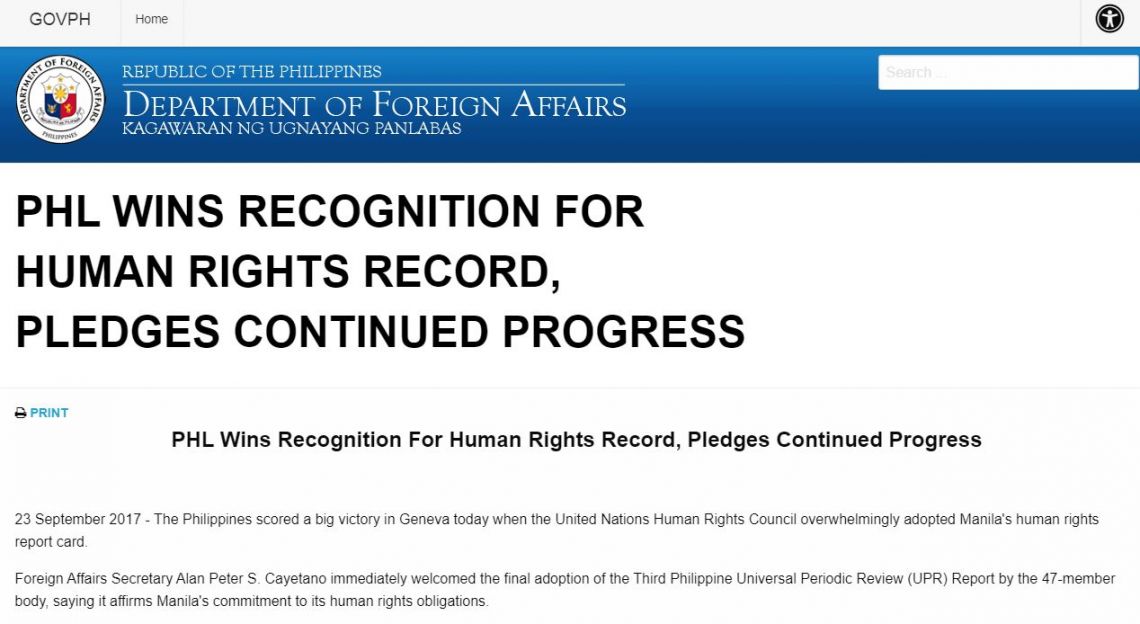The largest body of independent human rights experts in the United Nations (UN) called on the International Criminal Court (ICC) to “expedite and prioritize” the completion of its preliminary investigation into the human rights violations allegedly perpetrated by the Duterte government in the context of its controversial war on drugs.
The group of experts, also called the Special Procedures, composed of special rapporteurs, independent experts and working groups focusing on fact-finding and monitoring of human rights issues all over the world, made the call on June 25 to the Human Rights Council (UNHRC) as it observed that the situation in the country has already worsened, requiring “robust intervention” by the UN.
“The human rights situation in the Philippines has now reached a level of gravity requiring a robust intervention by the UN,” the experts said. “The Human Rights Council must do everything in its power to prevent the continuation of widespread and systematic human rights abuses against the Philippines people,” it continued.
Presidential Spokesperson Harry Roque said Malacanang “notes the statements made by 11 Special Rapporteurs.”
“The conclusions they have reached and the sanctions they have demanded confirm the lack of impartiality that has unfortunately tainted the human rights mechanisms of the United Nations when it comes to the Duterte Administration,” he added.
Roque further said: “We maintain that the Philippines has continuously discharged its obligations to punish violations of human rights. We have legislation and mechanisms against torture and enforced disappearances, laws to the enforce international humanitarian law, and penal laws that have been crafted to protect and promote human rights as enshrined in our Constitution.
“We have a working and independent judiciary that deals with violators of human rights, regardless of who they may be. As we said in our response to the Office of the High Commissioner’s report, issued in early June, our courts stand ready to receive and rule on any complaints. We call on the Special Rapporteurs to respect our legal system and the Philippines as a sovereign state.”
Aside from seeking the completion of the ICC preliminary probe, the experts, including Special Rapporteur Agnes Callamard, also renewed their call for stronger mandate in monitoring and reporting human rights violations in the Philippines by the office of Michelle Bachelet, the UN High Commissioner for Human Rights. They likewise sought the launching of an international independent probe in the country as part of their three recommendations to the UNHRC.
In an opinion piece for VERA Files, international law expert Romel Bagares explained that the ICC preliminary examination seeks to establish “a reasonable basis to proceed with an investigation into the situation of the drug war” of the Duterte administration.
The ICC probe pertains to alleged crimes against humanity perpetrated by Duterte, some top officials of the Philippine National Police and other government agencies, who “actively promoted and encouraged the killing of suspected drug users and dealers” without due process under “Oplan Tokhang,” an anti-drug campaign widely criticized by local and international human rights groups.
Fatou Bensouda, the ICC chief prosecutor handling the case, started the preliminary investigation in 2018 and is expected to complete it in late 2020. Once Bensouda completes the probe and establishes sufficient evidence, she can ask the ICC judges to issue an arrest warrant for Duterte to appear before the court and proceed with an investigation before entering the trial stages. (See ICC warrant of arrest for Duterte may be issued end of 2020)
According to UN rights experts, the “most conservative assessment” on the number of drug-related deaths in the country is 8,663 people, with 73 children, and 223,780 “drug personalities” arrested since the start of the Tokhang operations in 2016. Other groups estimate that the casualties could be three-fold of the actual count.
“Thousands in the Philippines have been killed as the direct result of the government policies. Domestic mechanisms responsible for ensuring accountability and protecting the rule of law have failed to do so,” the UN experts said.
The recommendations of the experts came nearly three weeks after Bachelet’s office released its comprehensive report on human rights violations in the country since 2015. The report found “systematic and widespread killings” allegedly perpetrated by state and non-state elements. Bachelet was mandated by the UN rights council through the Iceland-led Resolution 41/2 approved last year asking her office to produce the report to be presented during its 44th session.
(See UN body seeks impartial probe of killings, scrapping of ‘Oplan Tokhang’)
Further, the experts said the 2019 coronavirus disease (COVID-19) pandemic has ”further accelerated the downward spiral of the human rights situation” in the country. They said “police and the military have used violence and lethal force to enforce a quarantine imposed without due consideration for the situation of the poorest and most vulnerable communities.”
“In response to the protests of poor Filipinos demanding food aid amid the COVID-19 lockdown, President Duterte reportedly authorized police and security forces to kill protesters, saying: ‘Do you understand? Dead. Instead of causing trouble, I’ll send you to the grave’,” the experts added.
Among other abuses, which the experts claim as “relentless and systematic assault on the most basic rights of Filipinos”, are the closure of broadcast company ABS-CBN, killing of journalists, human rights defenders, among others, as well as attacks on opposition figures, and thwarted independent investigations by local institutions.
With the findings and recommendations of the UN rights experts, they said the human rights body is ready to assist the Philippine government “to demonstrate real and credible progress toward accountability by engaging with the OHCHR and developing an action plan towards the implementation of the OHCHR Report recommendations.”
Meanwhile, the experts urged member-states to “initiate, whenever possible, governmental sanctions and criminal prosecution against individual Philippine officials who have committed, incited or failed to prevent human rights abuses.”
Read the full statement here.


